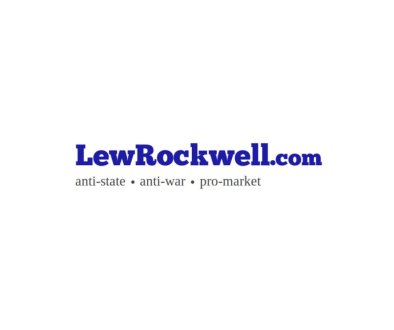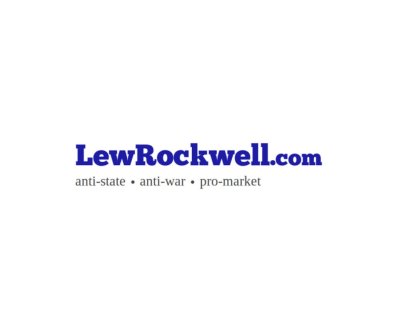What Are Pope Leo XIV’s Priorities and Why Did He Choose That Name?
VATICAN CITY — What exactly will Pope Leo XIV’s papacy look like? The American Pope has given signs of his personal priorities, citing Vatican II and synodality alongside missionary activity and resistance to atheistic industrial developments.
Offering his inaugural address to the College of Cardinals on Saturday, Pope Leo XIV’s pontificate was presented to them in sum. He may have been less than 48 hours into wearing the white cassock, but Leo already had his priorities laid out in mind.
Key themes of the new pontificate
Not unsurprisingly, given the focus of all recent pontificates and the focus of the cardinals, Leo highlighted the future as being approached in light of the Second Vatican Council:
In this regard, I would like us to renew together today our complete commitment to the path that the universal Church has now followed for decades in the wake of the Second Vatican Council.
“Practically, such an action plan would follow that as set forth in Pope Francis’ Apostolic Exhortation Evangelii Gaudium,” said Leo, as he pointed to seven “fundamental points” of the text.
Vatican Media video of Pope Leo XIV explaining his name choice to cardinals at the Vatican today. https://t.co/nykBBIuCPE pic.twitter.com/wCkyhbUx8y
— Michael Haynes (@MLJHaynes) May 10, 2025
These priorities seem to combine aspects of Francis’ papacy – with a focus on “synodality” – with more traditional aspects of the faith such as the “primacy of Christ,” which was an aspect Francis infamously downplayed in the latter months of his pontificate.
Leo’s papal themes include:
… the return to the primacy of Christ in proclamation (cf. No. 11); the missionary conversion of
Article from LewRockwell

LewRockwell.com is a libertarian website that publishes articles, essays, and blog posts advocating for minimal government, free markets, and individual liberty. The site was founded by Lew Rockwell, an American libertarian political commentator, activist, and former congressional staffer. The website often features content that is critical of mainstream politics, state intervention, and foreign policy, among other topics. It is a platform frequently used to disseminate Austrian economics, a school of economic thought that is popular among some libertarians.



